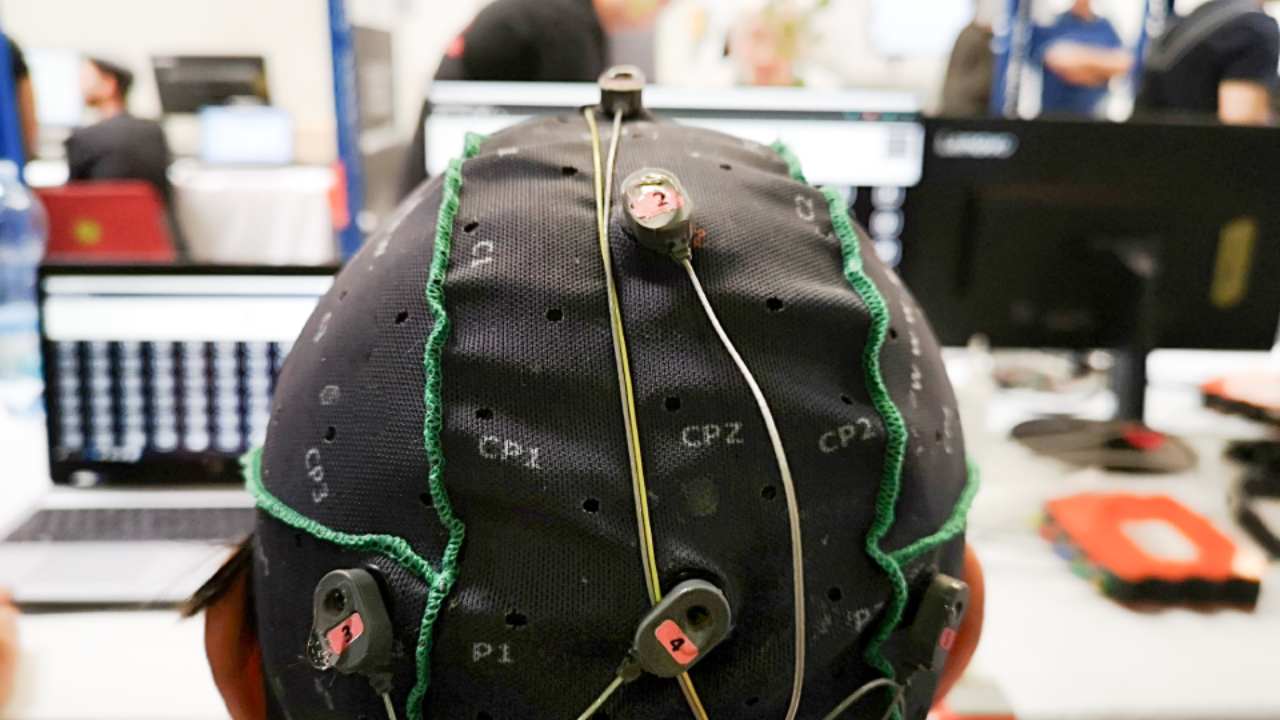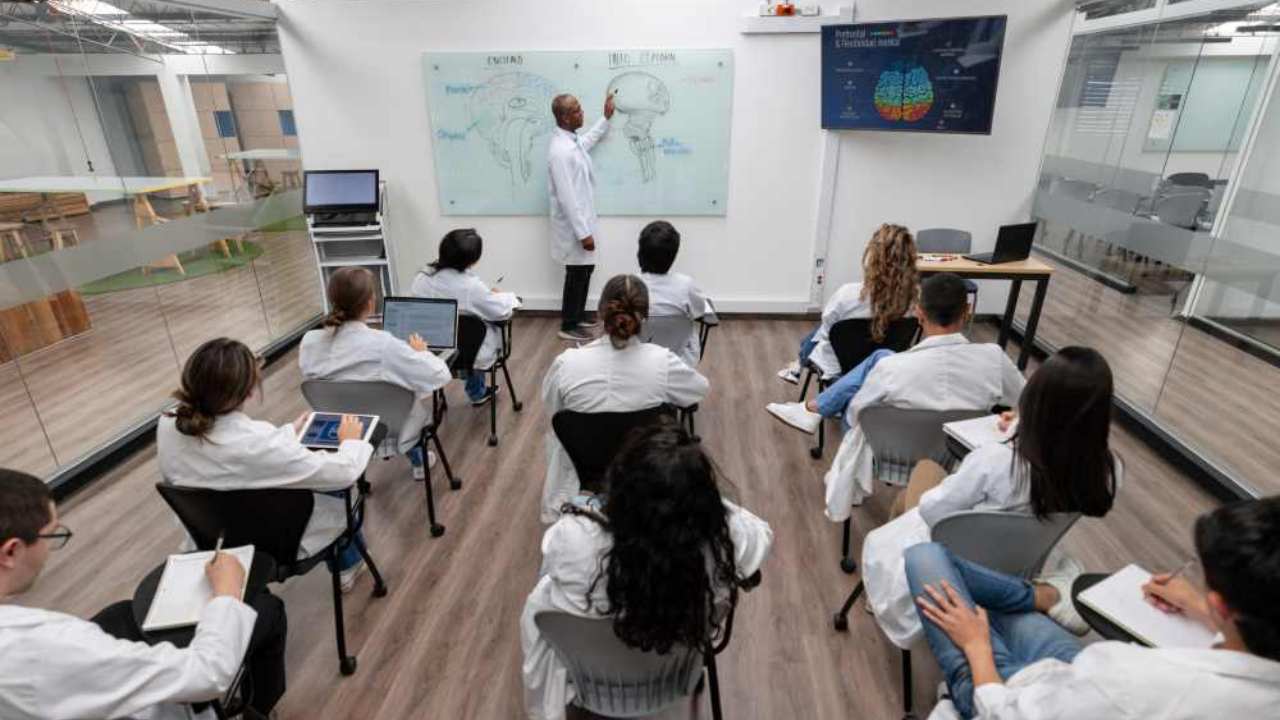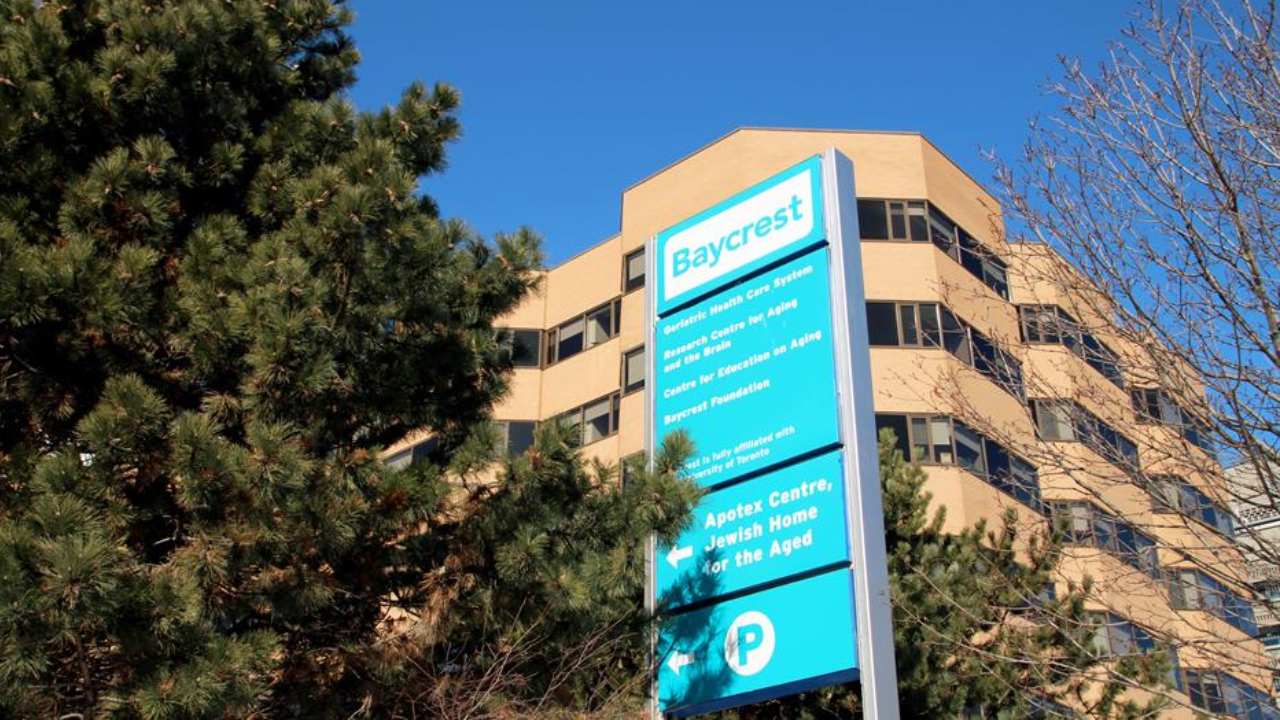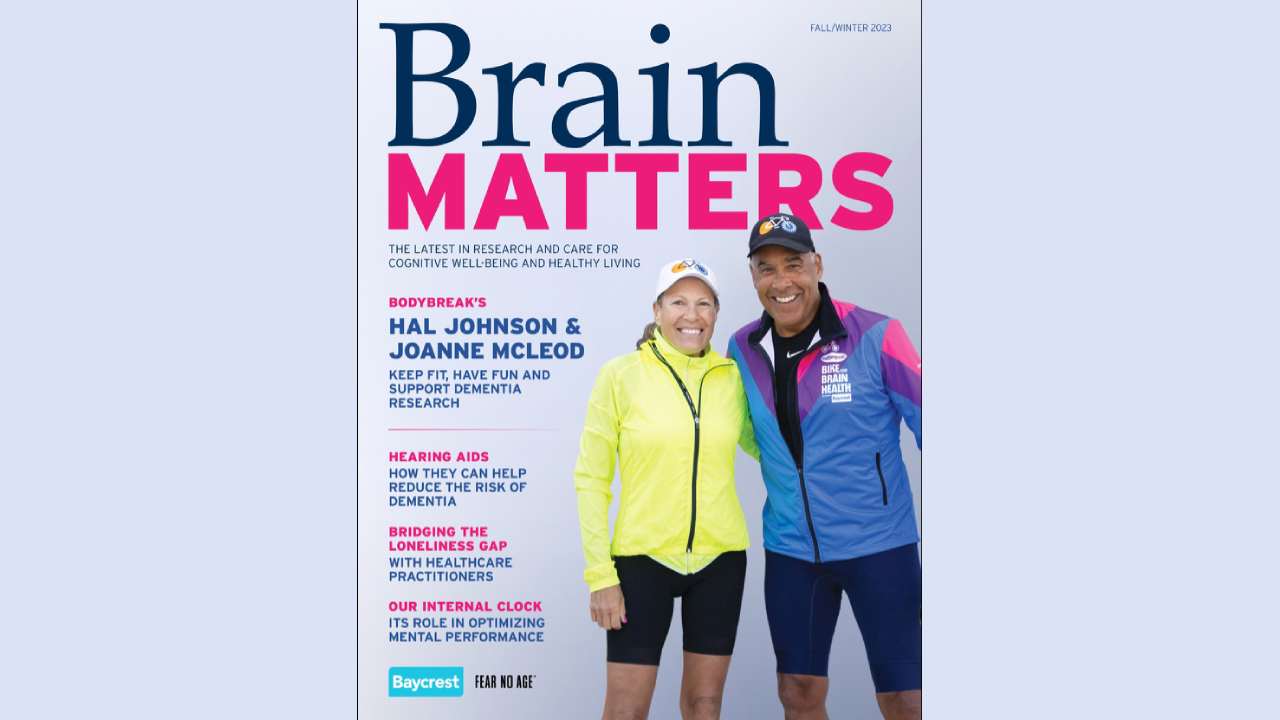
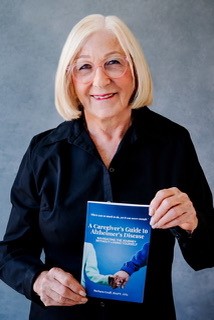
Barbara Graff’s caregiving journey began with her mother and intensified when her husband was diagnosed with early-onset Alzheimer’s. Faced with the emotional and physical toll of supporting two loved ones through their cognitive decline, Barbara turned her pain into purpose by writing her book: A Caregivers Guide to Alzheimer’s Disease. She shares her experience to help other caregivers feel seen, supported, and empowered—offering honest, practical insights from someone who’s lived it. To learn a bit more about how her experience became her inspiration, read our Q&A below.
Q: When did your journey as a caregiver begin?
A: My caregiving journey began with my mother. My siblings and I were figuring things out as we went along, without much guidance. Later, when my husband was diagnosed with early-onset Alzheimer’s, I knew I would care for him myself. We had a wonderful relationship—he was my best friend. It never occurred to me that someone else would take over his care. He stayed at home with me as long as I could manage.
Q: What were some of the biggest challenges you faced?
A: Near the end, I simply couldn’t manage anymore. My husband was 5’11”, and lifting or moving him became physically overwhelming. Even with professional help, sometimes two or three caregivers were needed. Emotionally, the hardest part was watching him decline. Alzheimer’s doesn’t just affect memory—it affects every part of a person: emotions, physical abilities, reasoning. That reality hits hard, especially when they no longer remember who you are.
Q: What inspired you to write a caregiver’s guide?
A: I had been doing presentations from a personal perspective for years. People kept asking for more. When COVID hit, I had the time and space to reflect and write. I realized caregivers needed something short, readable, and emotionally honest. There are too many massive books out there that caregivers don’t have time or energy to get through. Mine is practical and personal and designed to fit in your pocket and something you can read between appointments.
Q: What’s one piece of advice you’d give a new caregiver?
A: Try to understand what’s happening medically and emotionally. The earlier you grasp the nature of diseases like Alzheimer’s, the better prepared you’ll be.
Q: How do you emotionally cope with the loss of connection as someone declines?
A: It’s heartbreaking. When my mother stopped recognizing us or screamed during showers—it took three of us to help her—it was crushing. But five minutes later, she was smiling again, not remembering the episode. With Alzheimer’s, memory fades, but that doesn’t mean love or humanity disappears. You learn to meet them where they are.
Q: How can caregivers better cope with their loved ones not recognizing them?
A: You have to let go of the need to be remembered. Don’t push it. Showing photos or telling stories might spark something momentary, but you can’t force it. Accept that your relationship will evolve. It’s no less meaningful, just different.
Q: What are the most common challenges caregivers face—and how can they overcome them?
A: One major challenge is not understanding the stages of diseases like Alzheimer’s. People don’t realize it will eventually affect everything—from movement to swallowing. Accepting the changes early helps you prepare emotionally. Another is guilt—like when it’s time to transition to a wheelchair. Ask yourself: is it about what they need or what you want to see?
Q: What does acceptance look like in caregiving?
A: It means joining your loved one in their reality. If they call you by a different name, go with it. If they want to do something illogical, don’t argue. Just support them with kindness and flexibility. You’re not just managing tasks—you’re supporting their dignity.
Barbara has transformed a deeply personal and painful experience into a source of strength and support for others. Her pocket-sized caregiving guide was created with one goal in mind: to help caregivers feel seen, understood, and empowered on their journey. Whether you’re just starting out or have been caregiving for years, this heartfelt, practical guide offers insights from someone who’s been there. It’s short, easy to read, and speaks directly to the emotional and day-to-day realities of caregiving.
Please note: This book is not endorsed by the Baycrest Foundation. It is an independent project born from Barbara’s personal journey and professional expertise.
Related Articles: Brain Matters, Care




